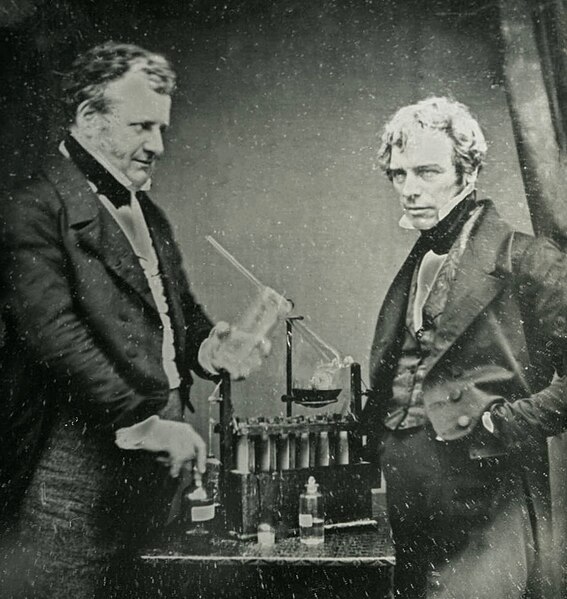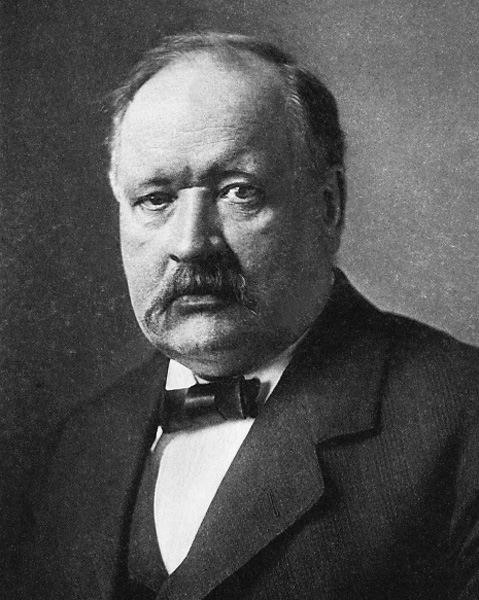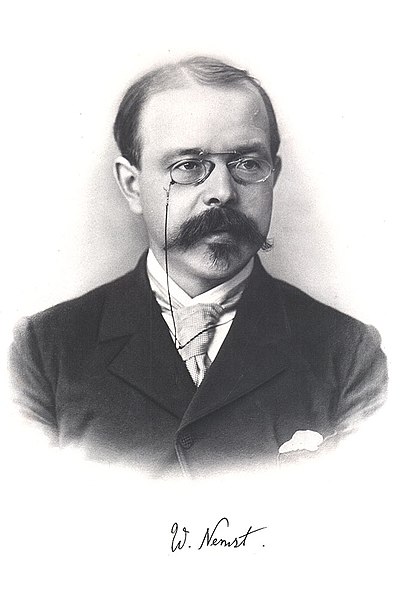Infinite photos and videos for every Wiki article ·
Find something interesting to watch in seconds
Rare Coins
Celebrities
Famous Castles
Presidents
Recovered Treasures
Great Cities
Wars and Battles
Best Campuses
World Banknotes
Largest Empires
Great Museums
Animals
Wonders of Nature
Crown Jewels
Sports
Largest Palaces
Great Artists
Orders and Medals
Richest US Counties
British Monarchs
Countries of the World
Supercars
History by Country
Kings of France
Ancient Marvels
Tallest Buildings
more top lists






